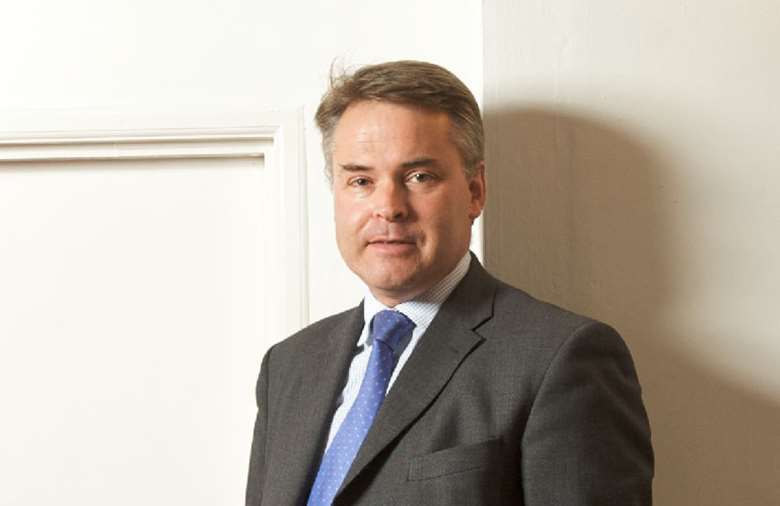Conservative Party Conference: Votes at 16 'not supported'
Laura McCardle
Tuesday, September 30, 2014
A pledge to lower the voting age to 16 is unlikely to feature in the Conservative Party's election manifesto, according to former children's minister Tim Loughton.

Loughton said the party would first be better off focusing on increasing the number of 18- to 24-year-olds that vote.
Speaking at a fringe event on the issue at the Conservative Party conference in Birmingham, he said: “My view, and it’s the view of the party, is that I don’t support votes at 16 [at the moment] for two reasons.
“One, my greater priority is to focus on 18- to 24-year-olds to get that 43 per cent [of youth votes] back up.
“Next must be our priority to be able to find out why people who are able to vote aren’t voting.
“Once we’ve sorted that out we can have a legitimate debate about votes at 16.”
However, Loughton said he thinks that lessons can be learned from the Scottish referendum on independence, which saw 100,000 16- and 17-olds vote for the first time.
He said: “I think we’re at quite a critical stage now and I think the Scottish referendum has done us all a huge favour.
“It has really energised and engaged a whole nation, including a lot of young people, and what was really encouraging was a number of schools did their own debates and referendums.
“Eighty-five per cent of the population turned out and a very high percentage of 16- to 24-year-olds – that was the highest turn out since the general election in 1951.”
Loughton admitted that politicians need to do more to engage young people and said that social media sites could become part of the political “battleground”.
He said: “We need to get smart about how we get that message across.
“Barack Obama used it [social media] in the United States and it was really important there.
“It’s a major challenge for us about how we use social media, and not in a patronising way but in a way that speaks to young people in their own language and makes them think it [politics] is something they need to be involved in.”




